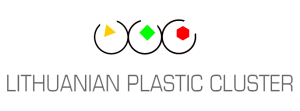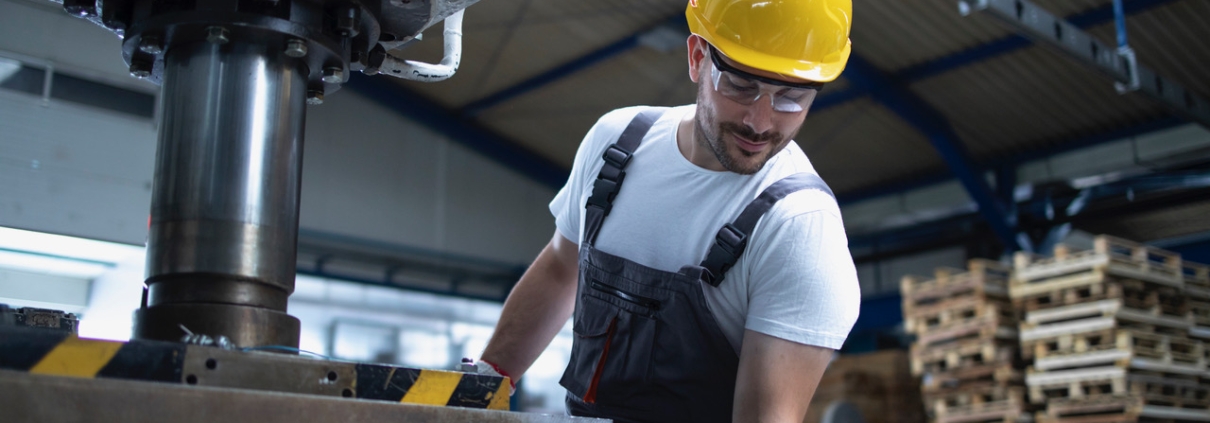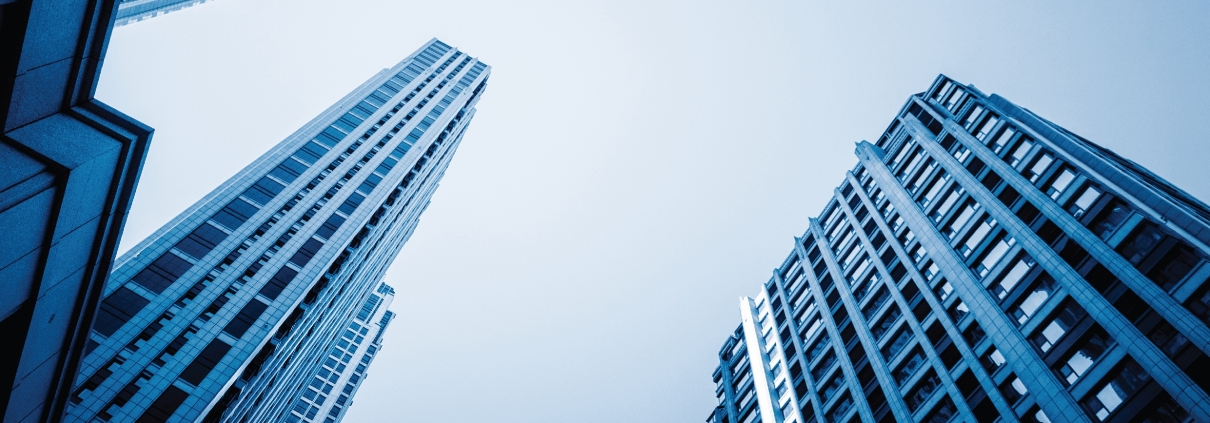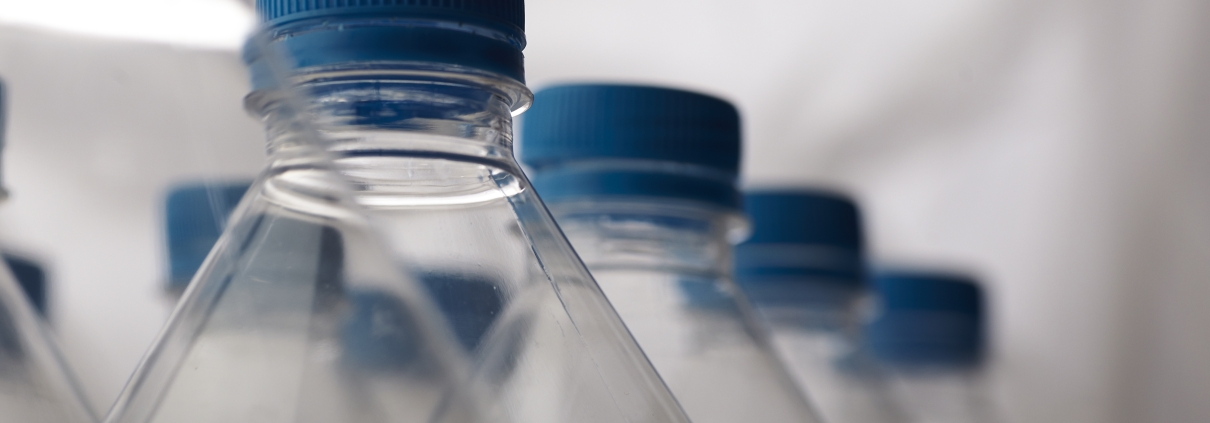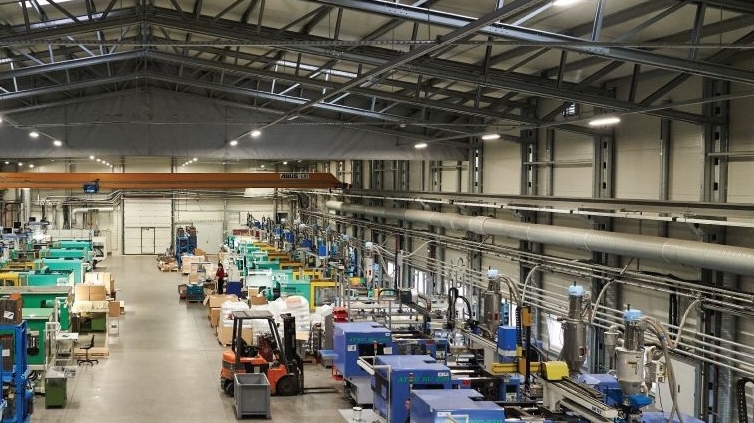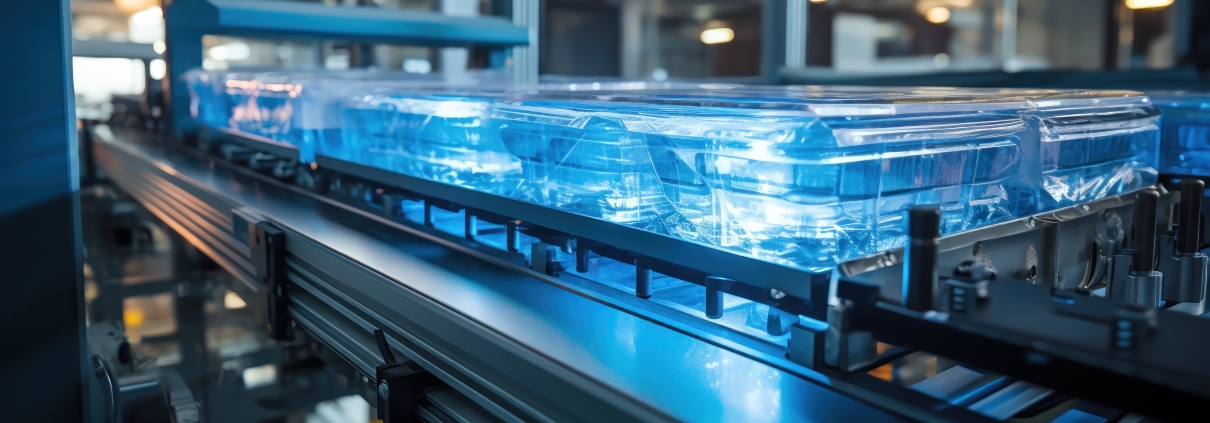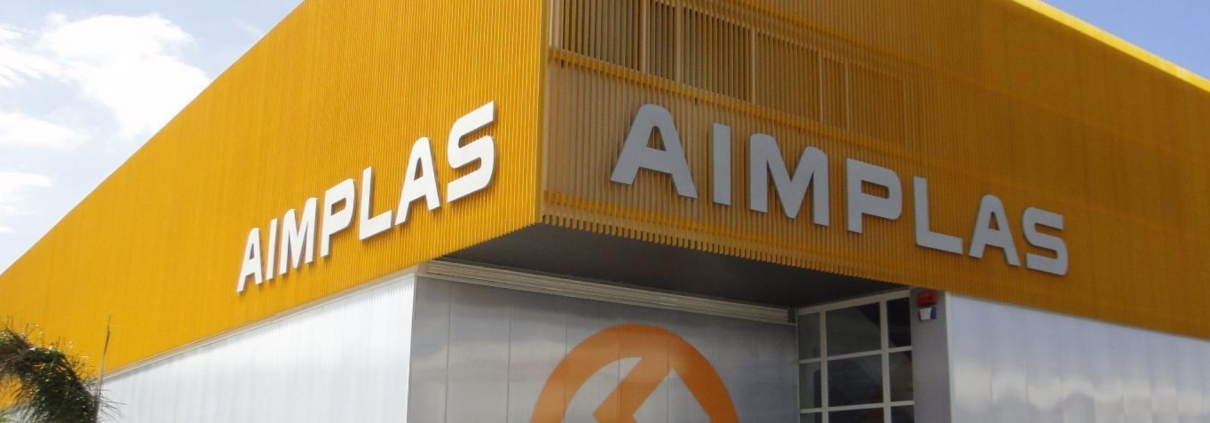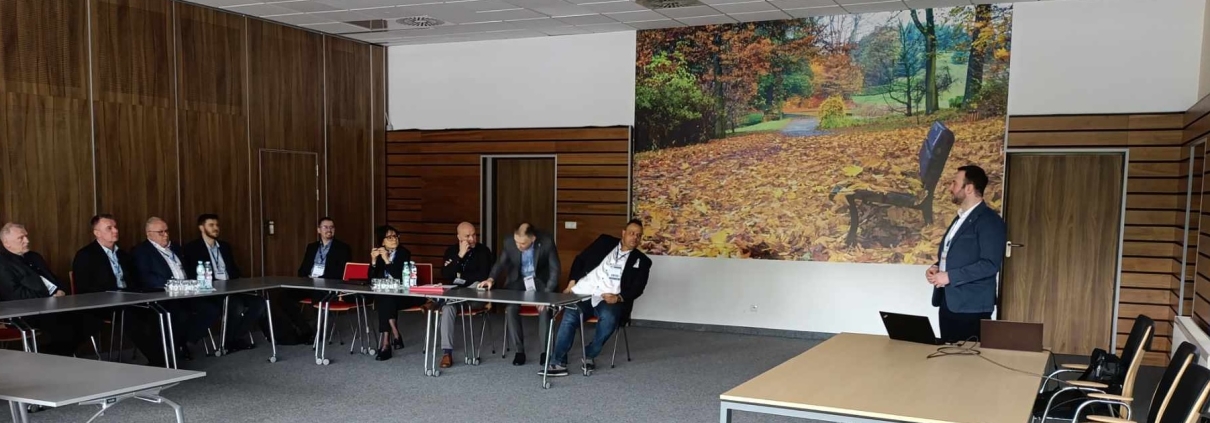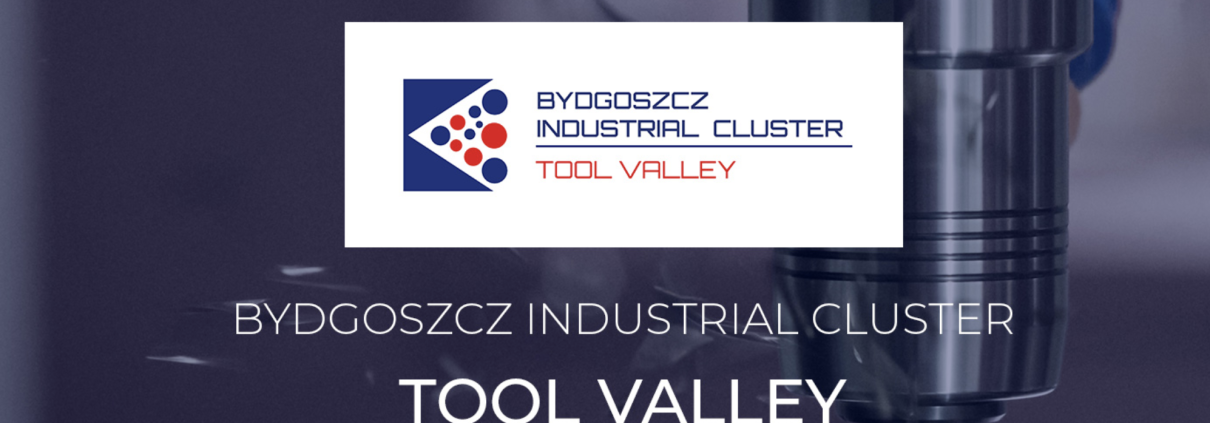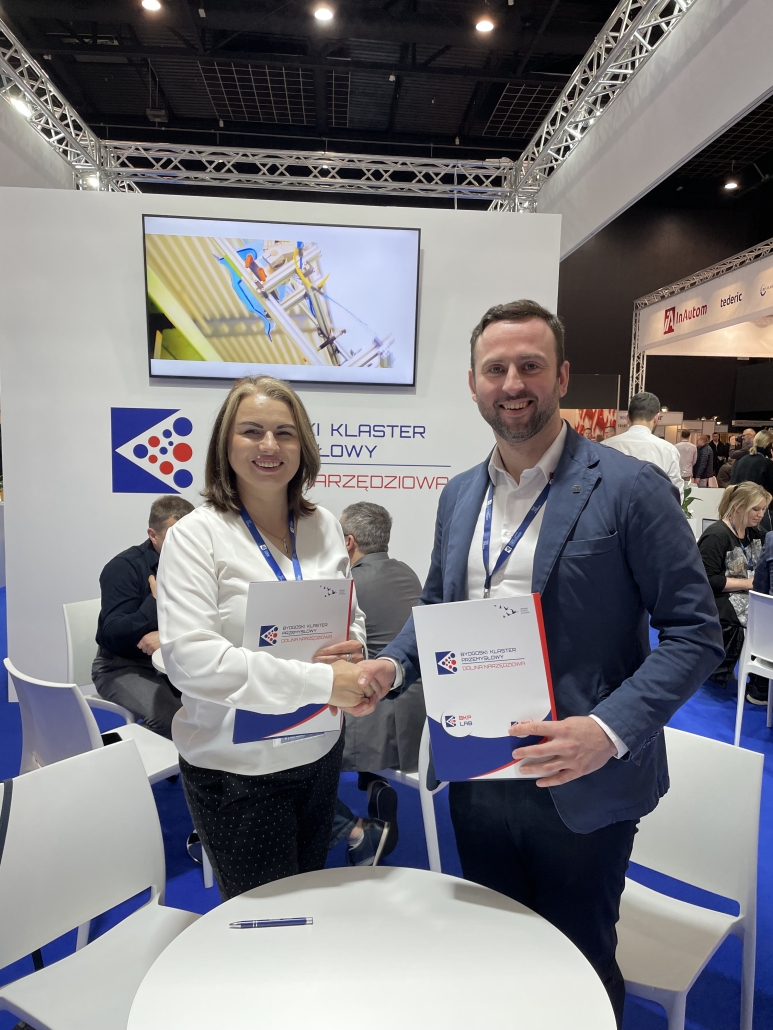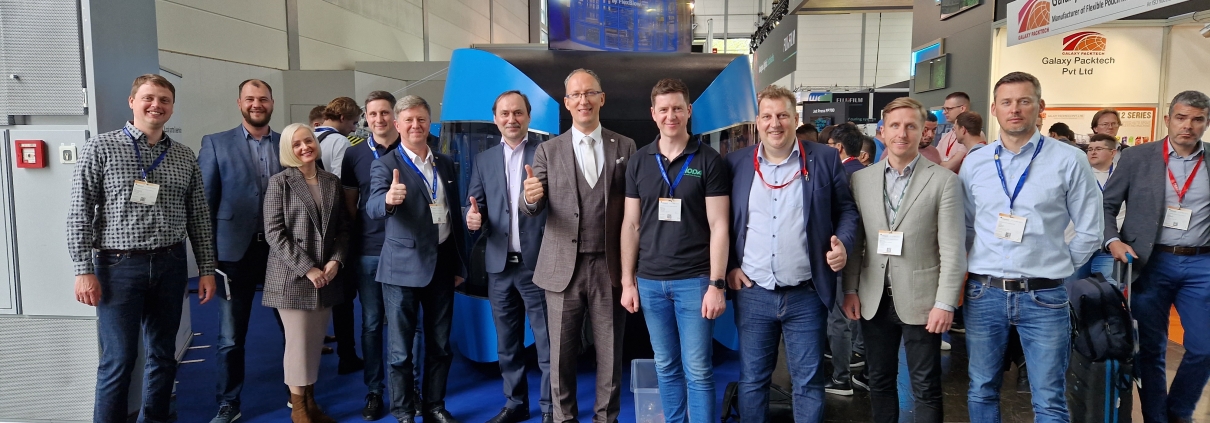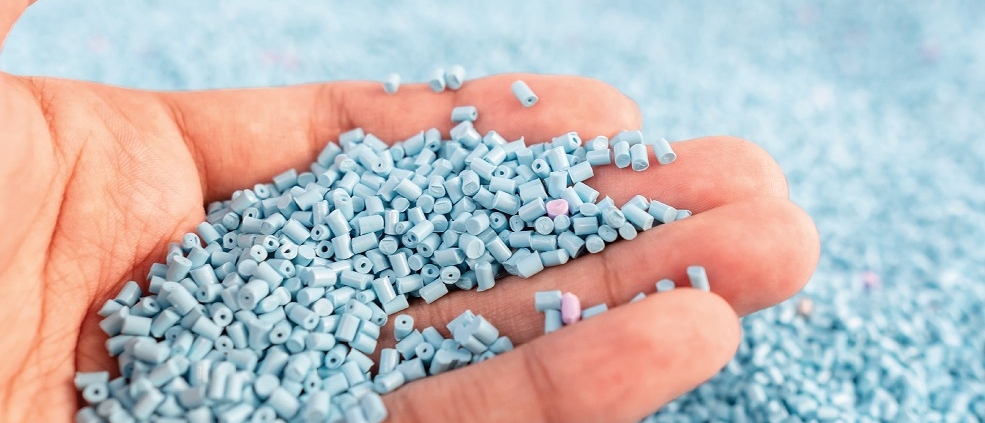We are thrilled and proud to announce that the Lithuanian Plastics Cluster, coordinated by LINPRA – the Engineering and Technology Industries Association of Lithuania, has officially become a member of the European Tooling Platform!
The European Tooling Platform is the driving force behind Research and Development (R&D) for the tooling sector across Europe.
It unites top industry leaders and key stakeholders to propose, develop, and implement cutting-edge R&D initiatives.
Through these joint efforts, the platform drives innovation, boosts competitiveness, and strengthens Europe’s leadership in high-value engineering and manufacturing. The members of the Platform build a more competitive, forward-thinking, and globally recognized European industry!
A proud step forward for Lithuania’s engineering and manufacturing sector—let’s shape the future of European tooling together!
